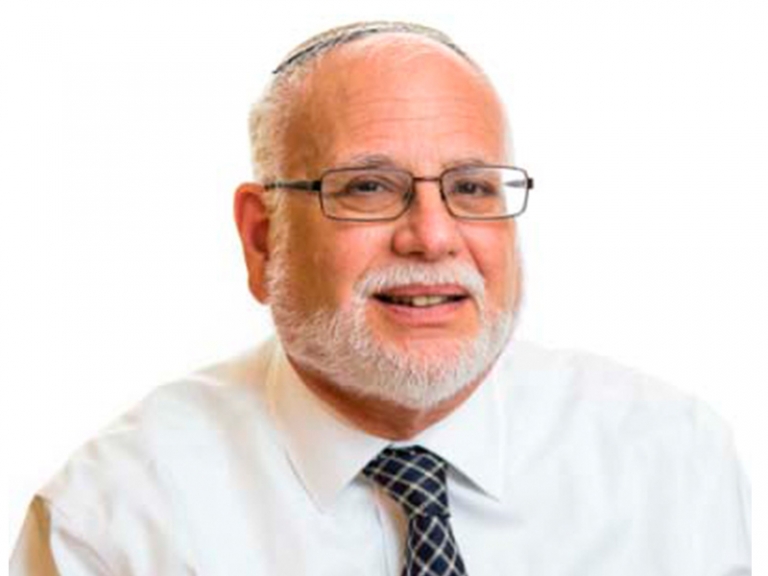D'var Torah by Dr. Kalman Stein, Head of School

Dear Hebrew Academy Community:
The commemoration Yetzi’at Mitzrayim, the Exodus from Egypt, is not limited to Pesach. We include the phrase זכר ליצאת מצרים –a remembrance of the Exodus from Egypt—not only in the Kiddush we recite on Shavuot and Sukkot, which are clearly related to the Exodus, but also on Rosh HaShanah and every single Friday night, which have absolutely no obvious connection to the events that took place on Pesach.
We all know that Yetzi’at Mitzrayim is not the most important event in Jewish History, that it is not the source of our nationhood and of our shared spiritual destiny. That distinction, of course, belongs to Matan Torah, to the Revelation at Sinai which signified the eternal marriage between Hashem and the Jewish People. Would it, therefore, not make more sense, asks Rabbi Adin Even Yisrael Steinsaltz, to include the phrase
זכר למתן תורה or זכר למעמד הר סיני
on a day like Shabbat on which we focus on the covenantal relationship between us and Hashem?
Rabbi Steinsaltz explains that the three holidays--Pesach, the holiday of spring; Shavuot, the holiday of the first fruits; and Sukkot, the holiday of the ingathering of crops—symbolize three stages in the spiritual and national development of the Jewish People. When Bnai Yisrael left Egypt they were devoid of spiritual means and were departing for an unknown, uncomprehended destination. As the weeks passed, the process which began without any understanding reached a level of complete intellectual comprehension with fixed rules and clear goals. That is Matan Torah. But this was a time of inner turmoil as cognitive understanding of Torah which was imposed from above was still strange and at odds with their emotional needs. Only after a relatively long time of contemplation and study could they reach a level of emotional balance. Only then were they able to “gather in the crops” in harmony and happiness.
As slaves in Egypt our ancestors came very close to complete assimilation of Egyptian values and culture. They had only a vague sense of continuity, a murky connection to their ancestors. Like all slaves they hoped for a lightened burden and better conditions but they had no concept of freedom. When the call to prepare to leave Egypt came it was not so clear that a nation of slaves would heed that call. Their decision to do so when Moshe and Aharon appeared before them was based on two simple words, ויאמן העם --the people believed. They answered a call from a God they did not know and whose plan they did not understand. They chose to leave the certainty of everyday life to depart for a distant and strange destination. They went off into a desert they did not know if they could successfully traverse. This was an expression of אמונה פשוטה—simple, uncomplicated faith, a faith that at time had very limited cognitive underpinnings but deep and strong emotional belief.
This is what Hashem tells us through the Prophet Yirmiyahu:
זכרתי לך חסד נעורי אהבת כלולותיך, לכתך אחרי במדבר בארץ לא זרועה
"I [Hashem] remember the kindness of your youth, your love as a bride, how you followed Me into the wilderness, into a land not sown.”
It was the decision of Bnai Yisrael to heed the call of Yetzi’at Mitzrayim which is the foundation of our eternal connection to Hashem. It was that first leap of faith which made possible everything, including Matan Torah, which followed. In the life of the nation, and in that of each individual, one must first decide to take that leap before continuing to intellectual comprehension and, in the end, to harmony and completeness. Pesach, therefore,
חג האמונה הפשוטה
the holiday of perfect,simple faith—is central to each of our holidays and to every aspect of our religious lives.
Shabbat Shalom,
Dr. Kalman Stein
Head of School

